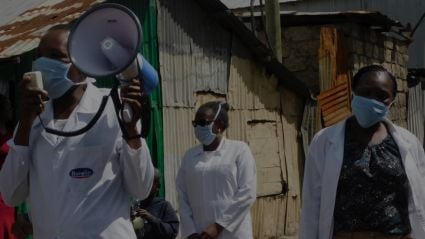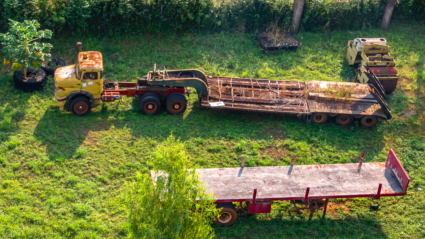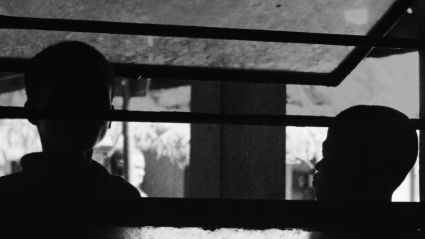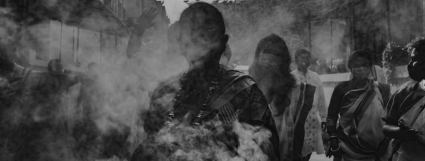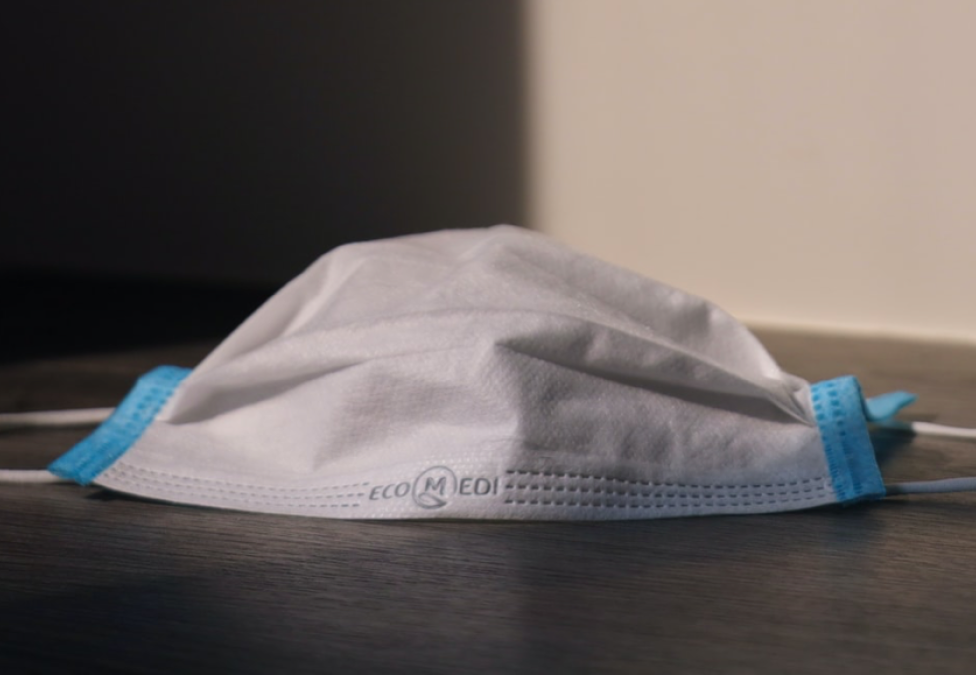
Hundreds of health workers in Kenya have contracted COVID-19 during the pandemic, and 31 have died from the virus. Health workers are now asking for more protections, and a major trade union is preparing a strike.
I.
In a single week this November, six Kenyan doctors died of COVID-19, according to the Kenya Medical Practitioners Pharmacists and Dentist Union (KMPDU), a trade union that represents all Kenyan medical professionals.
On November 14, the union announced the deaths of Dr. Emarah Ashraf, Dr. Hudson Alumera, Dr. Jackline Njoroge, Dr. Faith Kanjiru Mbuba, Dr. Vladimir Schuckin, and Dr. Robert Ayisi, all of whom passed away from complications caused from the COVID-19 virus.
These deaths and a rising number of infections among doctors and nurses have left many healthcare workers feeling abandoned during a national healthcare crisis. In particular, they cite a lack of basic personal protective equipment (PPE), and recent reporting found that doctors who have tested positive for COVID-19 are being forced to go to work.
“We have no PPEs,” said one nurse in Kakamega County, who agreed to an interview but requested anonymity. “The government does not care about health workers. We were given a cushion for three months only and that was it. I have seen one of our close colleagues and consultant, Dr. Daniel Alushula, an orthopaedic surgeon die.” Some healthcare workers are self-isolating, she said, while others have been admitted for treatment.
As a result of the recent deaths, the KMPDU called for a meeting with the Senate where they issued a number of demands, ranging from the provision of Comprehensive Medical Cover through the National Hospital Insurance Fund (NHIF) for all healthcare workers, to the employment of 2,000 doctors on Permanent and Pensionable terms, and including the establishment of a Health Services Commission.
The KMPDU also issued a 21-day strike notice unless their demands are met, a controversial approach as private clinics tend to spike their pricing for patients when public health workers strike. The KMPDU strike is set to commence on Monday, December 7, according to Dr. Alex Thuranira, an official at the union.
II.
These developments are not occurring in a vacuum, of course, but take place after 8 months of battling the COVID-19 virus and against the backdrop of a high-profile scandal.
Kenya recorded its first COVID-19 case on Friday, March 13, and the government responded with curfews and lockdowns to curb the spread of the virus. A COVID-19 task force was also established.
Early efforts kept the virus largely in check, but there were severe economic consequences. According to the data from the Kenya National Bureau of Statistics, 1,842,000 Kenyans, over 10% of the labor force, were unemployed in the months of April, May, and June 2020, nearly double the 962,000 reported in the first quarter of the year.
Chart: The COVID-19 Pandemic in Kenya (cumulative confirmed cases)
In June and July the number of COVID-19 infections began to increase, reaching a peak of 600 new confirmed cases each day by early August. Hospitals were overcrowded, and a lack of masks and PPE led to infections among health workers, and on July 10, Dr. Doreen Adisa Lugaliki became the first Kenyan health worker to pass away from COVID-19.
During this same time, a major corruption scandal—the Kenya Medical Supplies Agency or KEMSA scandal—filled headlines. According to reports, billions of shillings to cushion citizens and protect frontline workers were misappropriated, and on August 26 President Uhuru Kenyatta announced an urgent investigation into the matter.
III.
Kenya is now in what is widely referred to as a “second wave” of COVID-19 infections, with an average of over 1,000 new cases confirmed daily. During a brief interview, Health Director-General, Dr Patrick Amoth confirmed that 31 healthcare professionals had died as of Friday, November 20, with over 400 contracting the virus.
According to the nurse in Kakamega County, eight months after COVID-19 arrived in Kenya, she and other health workers are still working under poor conditions, do not have face masks, and are burying their colleagues.
“It will be hard to replace top doctors,” said KMPDU’s Dr. Thuranira in an interview on November 20. “We lost top specialists. Yesterday we lost a surgeon who we have buried today, and we want the government to respond and protect the doctors.” He continued, “On Monday, December 7, we shall commence our strike at midnight unless they fulfil our demands. We will not go to the streets, we shall stay at home. We need medical covers and PPEs too.”
Dr. Thuranira said he and his colleagues expect the Ministry of Health and the Seate to address their demands prior to the strike, adding, “Kenyans should be prepared for the worst. They have almost 16 days to sort out their problems. We have done our best. We have given them enough time.”
The Ministry of Health has previously argued it has offered sufficient emergency support packages for healthcare workers. In an announcement, though, on Wednesday, November 18, Kenya’s Director-General of Health, Dr. Patrick Amoth, said that the NHIF will provide health insurance to all civil servants, including healthcare workers on the payrolls of the national government. He added that the Ministry has also held discussions with counties to provide insurance for county workers.
For his part, Nairobi County Executive Committee Member for Health Services, Hitan Majevdia, said of healthcare workers, “In this pandemic, they are more important to the country than even our soldiers.”
While acknowledging budgetary restraints, he compared Kenya with other foreign countries, which have implemented more expansive policies to support healthcare workers, and hoped the government would do more. He said Kenya’s healthcare workers “are fighting for some very basic things, which I think they deserve.”
